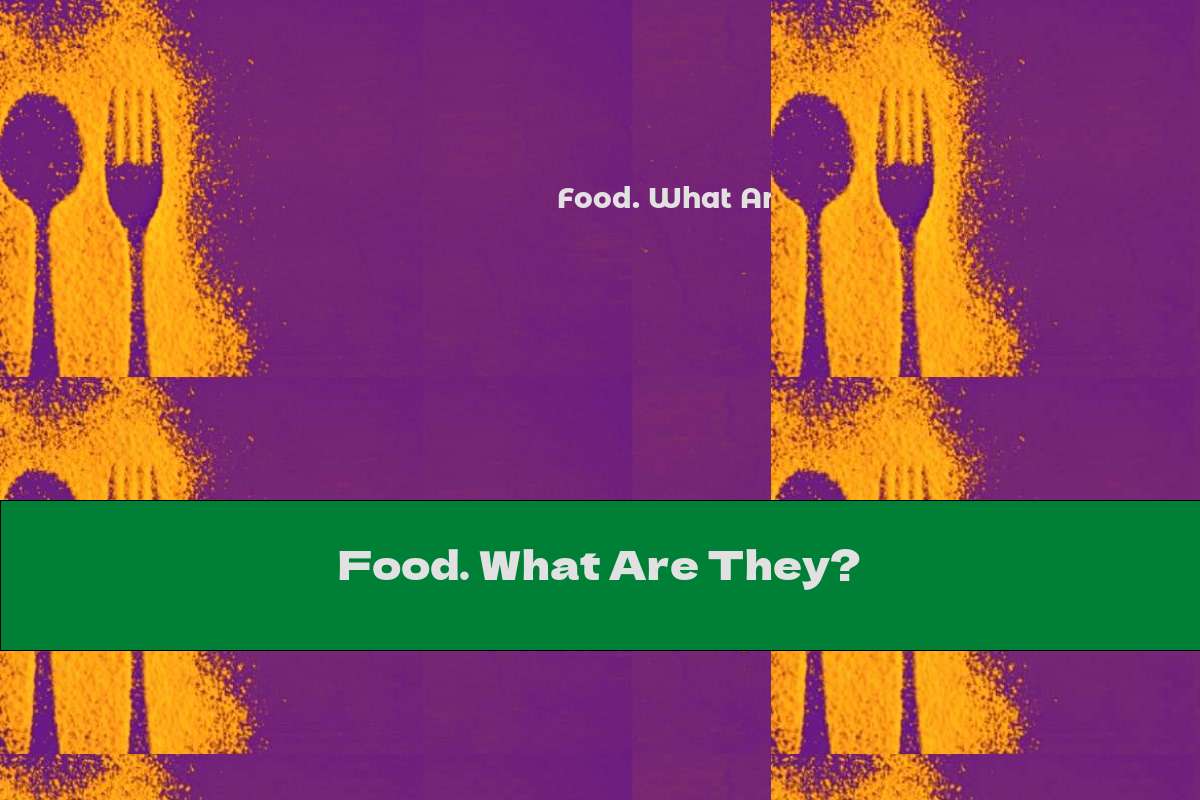Food. What Are They?
 Author: Nia Rouseberg
Time for reading: ~1
minutes
Last Updated:
August 08, 2022
Author: Nia Rouseberg
Time for reading: ~1
minutes
Last Updated:
August 08, 2022

Most foods have different properties - some supply energy, others provide the building processes, etc.
Foods are chemical components through which a person obtains the nutrients he needs to maintain optimal metabolic needs. Each product has a specific composition and it determines its specific functions in the body. Some products are rich in plastic material (proteins), others are dominated by energy components (carbohydrates and fats), and in others the presence of mainly micronutrients, determine their regulatory function of metabolic processes in the body.
The evaluation of food products is performed on the basis of their nutritional, biological and energy value. The nutritional value is determined by the optimal ratio of essential nutrients. The biological value of products depends on the amount and balance of their essential ingredients such as essential amino acids , polyunsaturated fatty acids, vitamins, macro-and micronutrients. The energy value of the product depends on the amount of energy that is released during the oxidative decomposition of its constituent nutrients in the body.
Most food products have a variety of properties, which is why they can be considered as mixed-use products. But in each product substances that satisfy certain needs of the organism predominate to one degree or another.
Of plastic importance are: meat, fish, eggs, milk and milk products, legumes, and energy - bread, nuts, pasta, confectionery and confectionery, honey, fats and fat-rich products. Fruits and vegetables are needed for biological stimulation and regulation of complex processes in the body.
Depending on their storage stability and spoilage periods, food products are:
- Perishable - milk, cream, meat and various meat products, cooked meat and poultry, fish, confectionery and more. Particularly perishable are those whose shelf life is up to 72 hours from the time of manufacture;
- Durable (stable) are dry products with humidity below 15% (flour, sugar, rice, pasta, etc.).
Food products must meet certain requirements:
- To supply the body with nutrients that meet its plastic and energy needs;
- Do not contain chemical, biological or mechanical factors that can harm human health.
Food storage depends on their type.